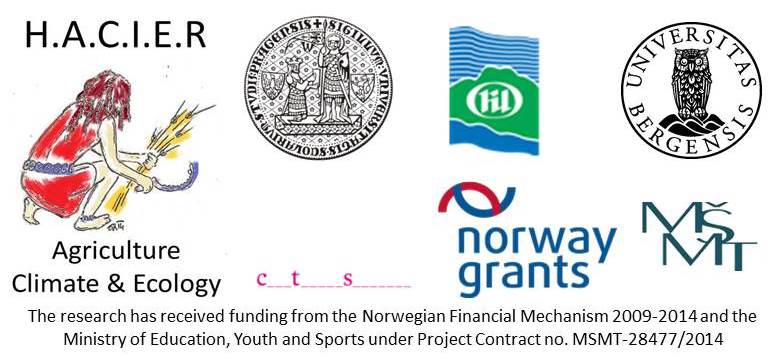HUMAN, AGRICULTURAL, AND CLIMATIC IMPACT ON ECOLOGICAL RULES: MACROECOLOGICAL ANALYSIS OF PALEO-BIOLOGICAL DATASETS
Society depends on ecological processes and plant and animal species but by changing global climate, expanding and intensifying land uses, polluting, introducing exotic species, and overharvesting biological resources, human activities threaten that. The progressive degradation of ecosystems has accelerated extinction rates such that climate change-induced shifts in species composition is resulting in the loss of biodiversity. This has become a matter of global concern and it has received much attention over the past few decades mostly due to the potentially severe consequences of biodiversity loss in terms of aesthetic changes, functional changes and possible financial cost. Biodiversity protection and habitat conservation on a global scale have found their place in national legislation and in worldwide NGO activities. As yet, there is no consensus on which mechanisms may stabilise species habitats at continental scales, over long periods and to what extent these mechanisms are modified by landscape management. The majority of ecological studies refer to small-scale systems typically studied over short periods. Although these studies have demonstrated interesting relationships between diversity, environmental variables, and human activities, they reveal little about the human impact on the evolutionary dynamics of ecosystems. Through this collaborative project we intend to overcome the limitation of short-term studies by anlysing the long-term succession of macroecological patterns that are known to indicate ecosystem functions. To do this we will utilize archeological databases, subfossil data on plants and snails, paleoclimatic databases, and control data on the focal patterns collected along gradients of various factors such as climate, agricultural management, and settlement history.

